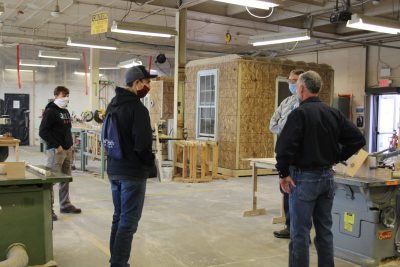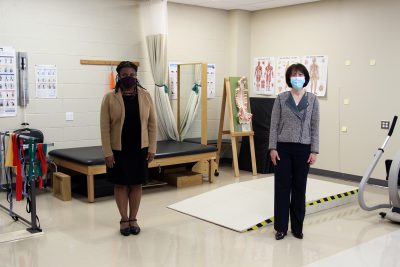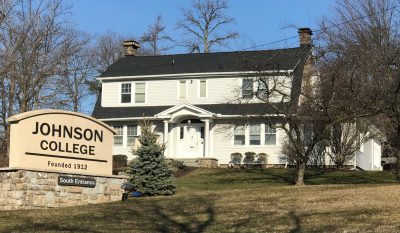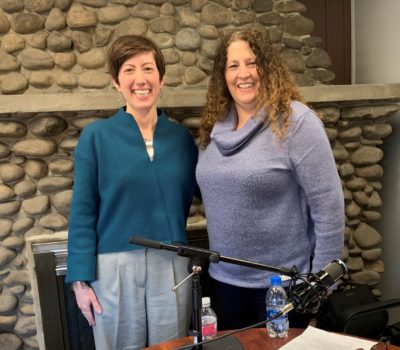On Tuesday, June 29, 2021, Johnson College is holding a Get To Know Us Event for adult and transfer students from 4:30 p.m. to 6:30 p.m. in the Moffat Student Center on its campus in Scranton, PA. Current college students interested in changing the direction of their education and adults looking to change their career paths are encouraged to attend. To register, visit Johnson.edu/transfer or contact Johnson College’s enrollment team at enroll@johnson.edu or (570) 702-8856.
Attendees will meet with representatives from Enrollment, Financial Aid, and Career Services. In addition, staff members from the Registrar’s Office will be on-hand for transfer credit analyses and review potential schedules for the upcoming semester. Attendees will also learn why Johnson College is the leader in hands-on education, how it exposes students to industry from day one, and how its two-year degree programs, focusing on careers in essential industries, have the highest return on investment in the short term.




